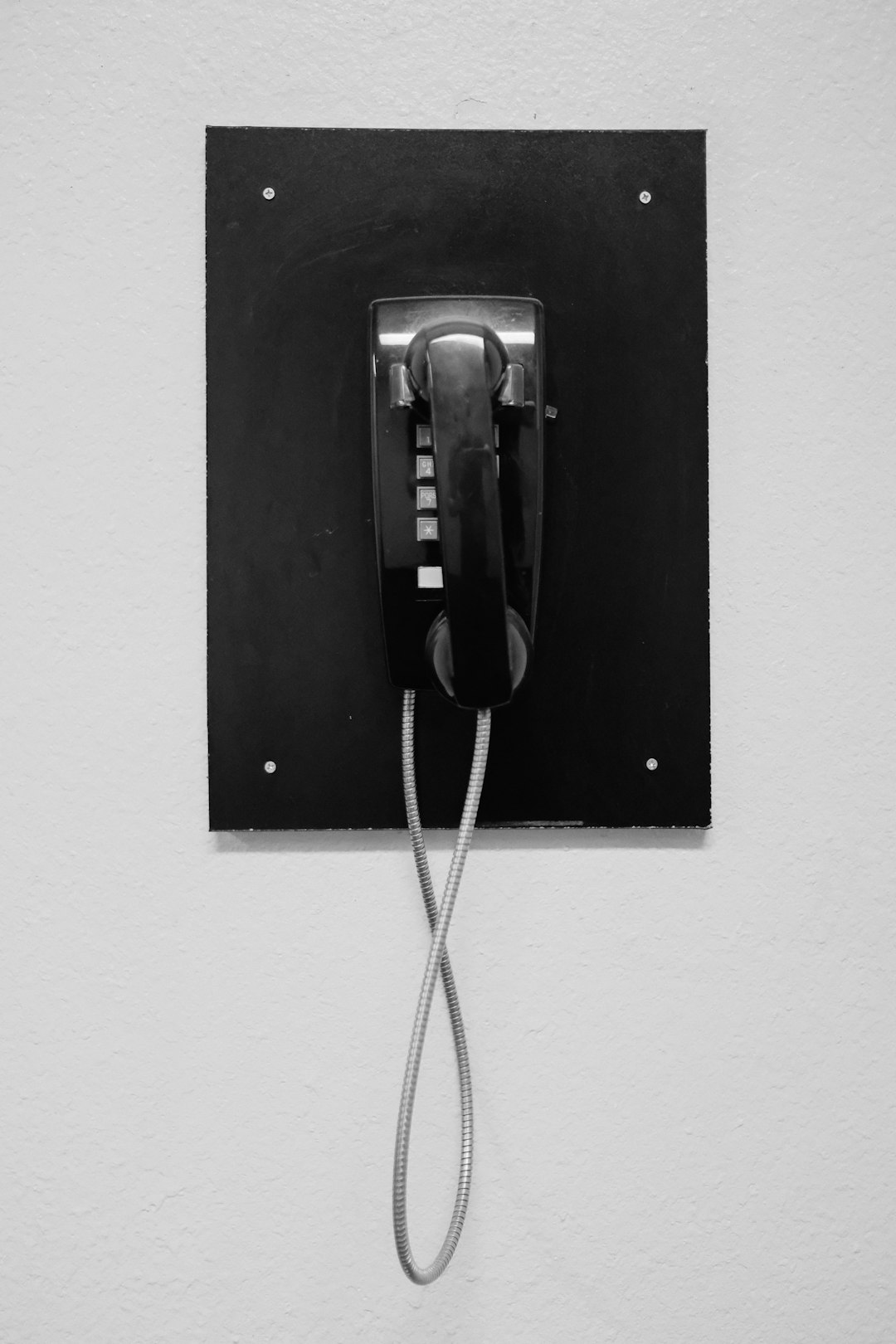Robocalls and spam texts from telemarketers, scammers, or political campaigns are a common irritant in North Carolina, but state laws protect consumers through definitions of 'robocalls' and 'spam texts'. Residents can combat these issues by reporting them to the Attorney General's Office or the Federal Trade Commission (FTC), and seeking guidance from a specialized robocall lawyer in North Carolina. Telecom carriers, law enforcement, and consumer protection agencies collaborate to block and filter unwanted calls, while user-friendly reporting platforms and legal expertise empower individuals to protect themselves.
Tired of relentless robocalls and spam texts on your North Carolina phone lines? You’re not alone. Across the state, consumers are demanding action against these unwanted intrusions. This comprehensive guide explores North Carolina’s legal framework to combat robocallers and spammers, outlining clear steps for reporting these nuisance calls and messages. We delve into the crucial roles of telecom carriers, law enforcement, and consumer protection agencies in curbing this growing problem, highlighting the impact of effective robocall reporting and its potential to shape future regulations for a quieter, more peaceful communication environment.
Understanding Robocalls and Spam Texts in North Carolina

In North Carolina, like many states, robocalls and spam texts have become a prevalent and often annoying nuisance for residents. These automated calls and messages can come from various sources, including telemarketers, scammers, or even political campaigns. Robocall Lawyer North Carolina plays a crucial role in helping individuals understand their rights and options when dealing with these unwanted communications.
North Carolina has laws in place to protect consumers from excessive robocalls and spam texts, particularly those related to telemarketing. A ‘robocall’ refers to an automated call using recorded messages, while spam texts are unsolicited text messages sent in bulk. Residents can take action by reporting such calls or texts to relevant authorities, who can investigate and enforce compliance with the state’s regulations. Consulting a Robocall Lawyer North Carolina can provide guidance on legal remedies and help individuals navigate the process of filing complaints effectively.
Legal Frameworks and Regulations Against Robocallers and Spammers

In North Carolina, like in many other states, there are strict legal frameworks and regulations in place to combat robocalls and spam texts. These measures are designed to protect consumers from unwanted and deceptive communication practices. The Telephone Consumer Protection Act (TCPA) is a federal law that regulates telemarketing calls, including robocalls, across the nation, including North Carolina. It restricts automated dialers and requires prior consent for marketing calls and texts.
State laws in North Carolina further bolster these federal protections. The state’s Attorney General’s Office actively enforces laws against fraudulent and deceptive practices, including robocall and spam text campaigns. A robocall lawyer in North Carolina can guide individuals on their rights and legal options if they’ve been victims of such nuisance calls or texts. These attorneys specialize in navigating the complex legal landscape surrounding telecommunications regulations to ensure justice for clients affected by unsolicited communication.
Reporting Robocalls and Spam Texts: A Step-by-Step Guide

In North Carolina, reporting robocalls and spam texts is a straightforward process designed to protect consumers from unwanted communication. The first step is to identify the call or text as either a robocall or spam. You can do this by checking if the caller ID displays an unknown number or a recorded message. Once confirmed, you have several options.
You can report these incidents to the Federal Trade Commission (FTC) using their Do Not Call Registry. Additionally, North Carolina’s Attorney General’s Office provides a dedicated line for reporting robocalls and spam texts. Simply dial the number provided and follow the prompts to file your complaint. For those who prefer digital methods, many phone companies offer built-in tools to block and report unwanted calls directly from your device. Engaging in these steps not only helps protect yourself but also contributes to a broader effort to curb malicious robocalls and spam texts.
Roles of Telecom Carriers, Law Enforcement, and Consumer Protection Agencies

In North Carolina, reporting robocalls and spam texts plays a crucial role in protecting consumers from unwanted and fraudulent communication. Telecom carriers, such as AT&T, Verizon, and T-Mobile, have a significant responsibility to implement effective measures for blocking and filtering these nuisance calls. They work closely with law enforcement agencies and consumer protection organizations to identify patterns and sources of robocalls, ensuring that their networks are secure and compliant with regulations.
Law enforcement agencies investigate complaints related to robocalls and spam texts, tracing the origins and identifying potential perpetrators. These efforts help in bringing fraudsters to justice and creating a safer digital environment for residents. Consumer protection agencies, like the North Carolina Department of Justice, also play a vital part by educating the public about their rights and providing resources for reporting suspicious activities. They collaborate with telecom carriers and legal experts, including robocall lawyers in North Carolina, to establish robust policies and procedures for dealing with these issues effectively.
The Impact and Future of Robocall and Spam Text Reporting in NC

In the digital age, robocalls and spam texts have become a persistent nuisance for many North Carolinians. These automated communication methods, often used for marketing purposes or fraudulent activities, can significantly impact residents’ daily lives, leading to increased stress, wasted time, and even financial harm. As these practices continue to evolve, so does the need for effective reporting mechanisms.
The future of robocall and spam text reporting in North Carolina looks promising with advancements in technology and heightened consumer awareness. Reporting platforms are becoming more user-friendly and accessible, empowering individuals to take control and combat these annoying intrusions. Moreover, collaborative efforts between legal professionals specializing in robocall law and regulatory bodies can lead to stricter enforcement and more robust protections for North Carolina residents, ensuring a quieter and safer digital environment.






